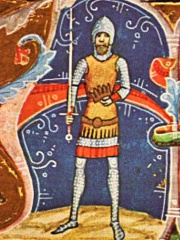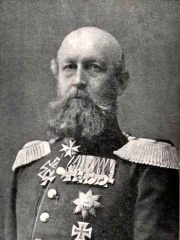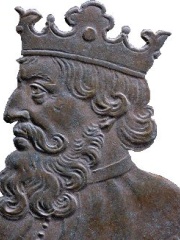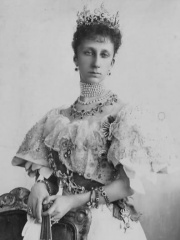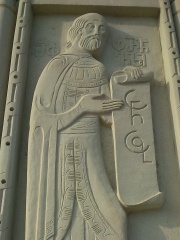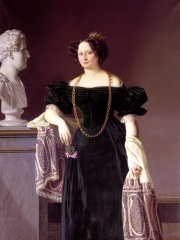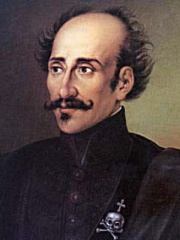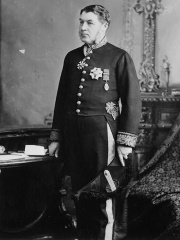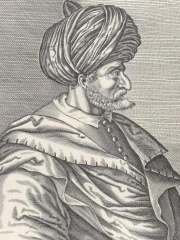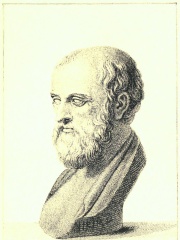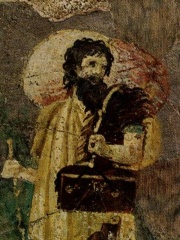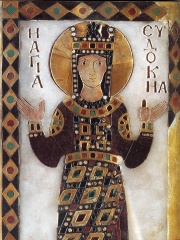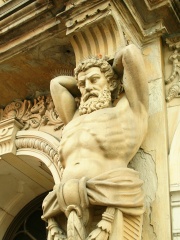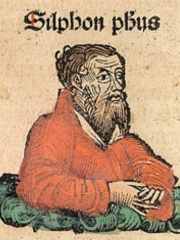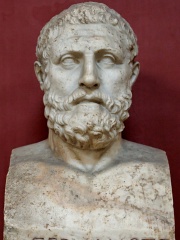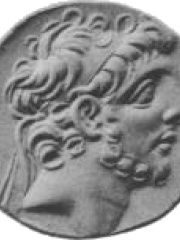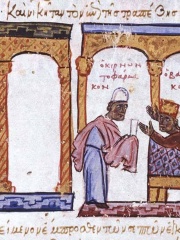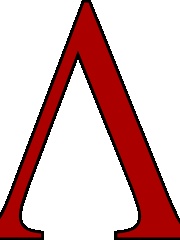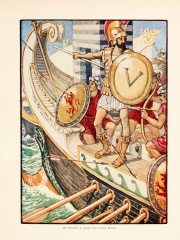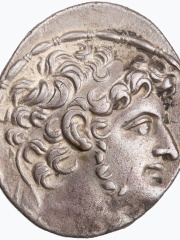Politician
Idomeneus of Crete
EN.WIKIPEDIA PAGE VIEWS (PV)
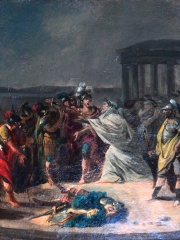
 Idomeneus of Crete
Idomeneus of Crete
His biography is available in 31 different languages on Wikipedia. Idomeneus of Crete is the 3,332nd most popular politician (up from 3,440th in 2024), the 214th most popular biography from Greece (up from 226th in 2019) and the 82nd most popular Greek Politician.
Idomeneus is most famous for being one of the Achaean leaders in the Trojan War.
Memorability Metrics
Page views of Idomeneus of Crete by language
Among Politicians
Among politicians, Idomeneus of Crete ranks 3,332 out of 19,576. Before him are Samuel Aba, Frederick Francis II, Grand Duke of Mecklenburg-Schwerin, Chilperic I, Princess Marie Louise of Bourbon-Parma, Pharnavaz I of Iberia, and Fatma Sultan. After him are Caroline Amalie of Augustenburg, Alexander Ypsilantis, Charles Tupper, Abdirashid Shermarke, Eleanor de' Medici, and Musa Çelebi.
Most Popular Politicians in Wikipedia
Go to all RankingsSamuel Aba
990 - 1044
HPI: 69.09
Rank: 3,328
Frederick Francis II, Grand Duke of Mecklenburg-Schwerin
1823 - 1883
HPI: 69.08
Rank: 3,329
Chilperic I
539 - 584
HPI: 69.08
Rank: 3,330
Princess Marie Louise of Bourbon-Parma
1870 - 1899
HPI: 69.08
Rank: 3,331
Pharnavaz I of Iberia
326 BC - 234 BC
HPI: 69.08
Rank: 3,332
Fatma Sultan
1605 - 1667
HPI: 69.08
Rank: 3,333
Idomeneus of Crete
HPI: 69.07
Rank: 3,334
Caroline Amalie of Augustenburg
1796 - 1881
HPI: 69.06
Rank: 3,335
Alexander Ypsilantis
1792 - 1828
HPI: 69.06
Rank: 3,336
Charles Tupper
1821 - 1915
HPI: 69.06
Rank: 3,337
Abdirashid Shermarke
1919 - 1969
HPI: 69.06
Rank: 3,338
Eleanor de' Medici
1567 - 1611
HPI: 69.05
Rank: 3,339
Musa Çelebi
1388 - 1413
HPI: 69.04
Rank: 3,340
In Greece
Among people born in Greece, Idomeneus of Crete ranks 214 out of NaN. Before him are Nicias (-500), Crates of Thebes (-365), Aelia Eudocia (401), Bacchylides (-490), Telamon (null), and Stilpo (-359). After him are Erasistratus (-303), Kyriakos Mitsotakis (1968), Periander (-700), Andreas Papandreou (1919), Antiochus IX Cyzicenus (-135), and Athenagoras of Athens (133).
Others born in Greece
Go to all RankingsNicias
POLITICIAN
500 BC - 413 BC
HPI: 69.38
Rank: 208
Crates of Thebes
PHILOSOPHER
365 BC - 285 BC
HPI: 69.38
Rank: 209
Aelia Eudocia
WRITER
401 - 460
HPI: 69.36
Rank: 210
Bacchylides
WRITER
490 BC - 451 BC
HPI: 69.29
Rank: 211
Telamon
POLITICIAN
HPI: 69.16
Rank: 212
Stilpo
PHILOSOPHER
359 BC - 279 BC
HPI: 69.16
Rank: 213
Idomeneus of Crete
POLITICIAN
HPI: 69.07
Rank: 214
Erasistratus
PHYSICIAN
303 BC - 249 BC
HPI: 69.05
Rank: 215
Kyriakos Mitsotakis
POLITICIAN
1968 - Present
HPI: 69.03
Rank: 216
Periander
WRITER
700 BC - 583 BC
HPI: 68.98
Rank: 217
Andreas Papandreou
POLITICIAN
1919 - 1996
HPI: 68.96
Rank: 218
Antiochus IX Cyzicenus
POLITICIAN
135 BC - 95 BC
HPI: 68.83
Rank: 219
Athenagoras of Athens
RELIGIOUS FIGURE
133 - 190
HPI: 68.81
Rank: 220
Among Politicians In Greece
Among politicians born in Greece, Idomeneus of Crete ranks 82. Before him are Theophano (941), Pleistarchus (-500), Brasidas (-500), Gazi Husrev-beg (1480), Nicias (-500), and Telamon (null). After him are Kyriakos Mitsotakis (1968), Andreas Papandreou (1919), Antiochus IX Cyzicenus (-135), Antiochus XI Epiphanes (-115), Ephialtes (-590), and Cypselus (-700).
Theophano
941 - 976
HPI: 69.81
Rank: 76
Pleistarchus
500 BC - 458 BC
HPI: 69.76
Rank: 77
Brasidas
500 BC - 422 BC
HPI: 69.63
Rank: 78
Gazi Husrev-beg
1480 - 1541
HPI: 69.49
Rank: 79
Nicias
500 BC - 413 BC
HPI: 69.38
Rank: 80
Telamon
HPI: 69.16
Rank: 81
Idomeneus of Crete
HPI: 69.07
Rank: 82
Kyriakos Mitsotakis
1968 - Present
HPI: 69.03
Rank: 83
Andreas Papandreou
1919 - 1996
HPI: 68.96
Rank: 84
Antiochus IX Cyzicenus
135 BC - 95 BC
HPI: 68.83
Rank: 85
Antiochus XI Epiphanes
115 BC - 92 BC
HPI: 68.68
Rank: 86
Ephialtes
590 BC - 461 BC
HPI: 68.68
Rank: 87
Cypselus
700 BC - 627 BC
HPI: 68.63
Rank: 88
